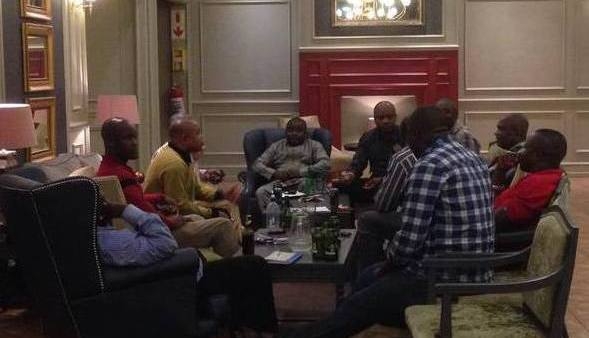ZAM’s investigative reporter Theophilus Abbah reports on his second day at the African Investigative Journalism Conference in Johannesburg, South Africa.
I was curious to know how one can use radio to do an investigative story and was therefore happy to listen to Daniel Ohman from Sweden, who showed a smart approach. Having received some classified documents on an illegal weapon factory deal between Sweden and Saudi Arabia, Ohman contacted government officials who signed the documents and recorded the interviews he had with them. He played the interviews –which were full of denials- on the radio, combined with incisive narration. His team then contacted tabloid publishers to publish the stories about the lying officials. It resulted in over five thousand publications over the period the investigation was carried out. At the end the minister involved in the scam had to resign after all the lies were exposed.
It was much food for thought, but I don’t know if it would work in my country, Nigeria. It is difficult for us to get a government official on the phone. Most of the time they let it ring. However, we must not give up.
Another speaker demonstrated the use of Twitter for investigating stories. I had always thought that the most one can use this social medium for was crowd sourcing –asking questions and counting answers. I now learned how to check and authenticate sources of posts. This is very important since much information on Twitter consists of unsubstantiated rumour and a media organisation could lose the trust of its readers by publishing an incorrect story sourced from there. I wish all journalists could learn to do this.
We should also all verify pictures before we pass them on. The ladies from “Africa Check” showed us how. This session was actually hilarious, since they showed many examples of media presenting photo-shopped or wrongly labelled pictures as if they were real representations of news events. Apparently, not many media are aware that pictures can and should be verified. A picture of a massacre in the Congo was republished worldwide as of a ‘Boko Haram’ killing in Nigeria.
I gave away ten copies of my book ‘Lost in the Wind’ that deals with religious fundamentalism in my country, to friends. I hope they will read it and remember me just in case we don’t all meet again. We had a drinks session at the end of a long and fruitful second day.


